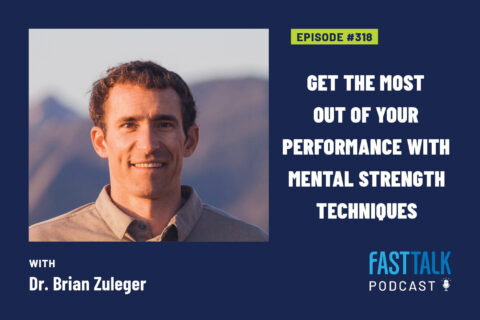
Get the Most Out of Your Performance with Mental Strength Techniques
We’ve talked a lot about sports psychology tactics, but in this episode Dr. Brian Zuleger explains how to effectively apply them to your performance.
For endurance athletes, training and sustaining a strong, resilient mindset is a critical but often neglected aspect of performance and mental health.
Mindset is often all that separates a good experience from a disappointing one. Likewise, mental toughness is often the difference between reaching the podium and not reaching the finish.

We’ve talked a lot about sports psychology tactics, but in this episode Dr. Brian Zuleger explains how to effectively apply them to your performance.
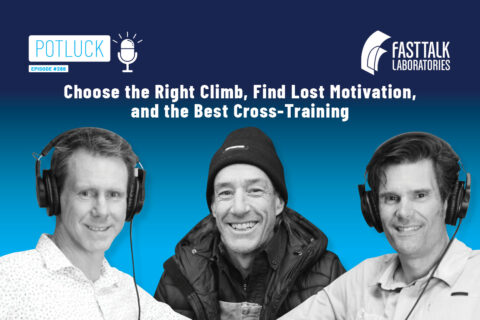
The season is coming to a close and as our hosts help their athletes through these final weeks, there are a few questions that are coming up for both athlete and coach.
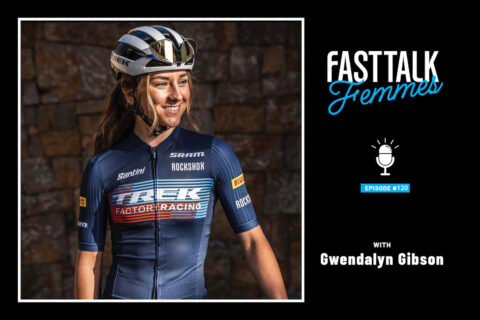
Rising U.S. mountain biking star Gwendalyn Gibson explains what it takes mentally and physically to succeed at the UCI World Cup level.
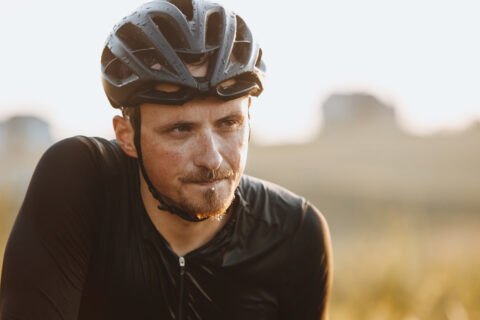
Measured doses of discomfort can yield improvements to self-awareness, motivation, and resilience.
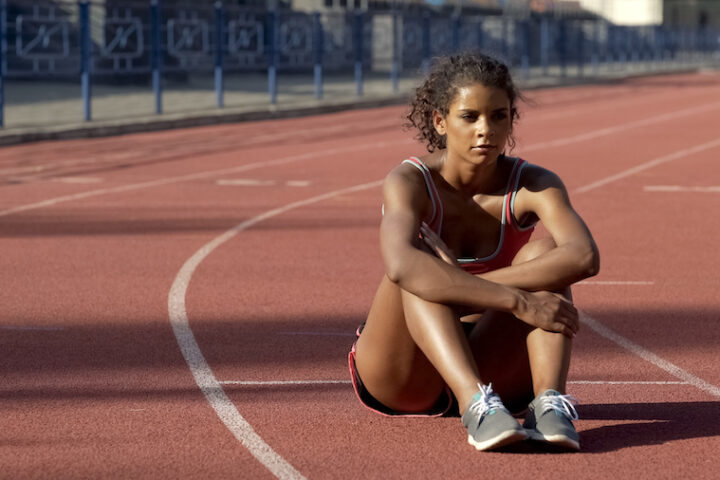
Neuroscience isn’t an exciting term, but it can be one of the most important factors in how well our muscles perform. We talk about this fascinating connection between mind and body with Dr. Scott Frey.
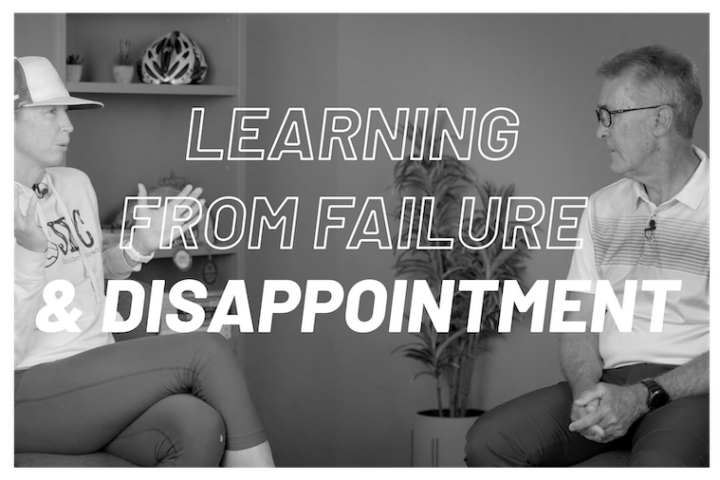
Joe Friel talks with four-time world champion triathlete turned coach Julie Dibens about how we can use failure and disappointment as an opportunity for growth.
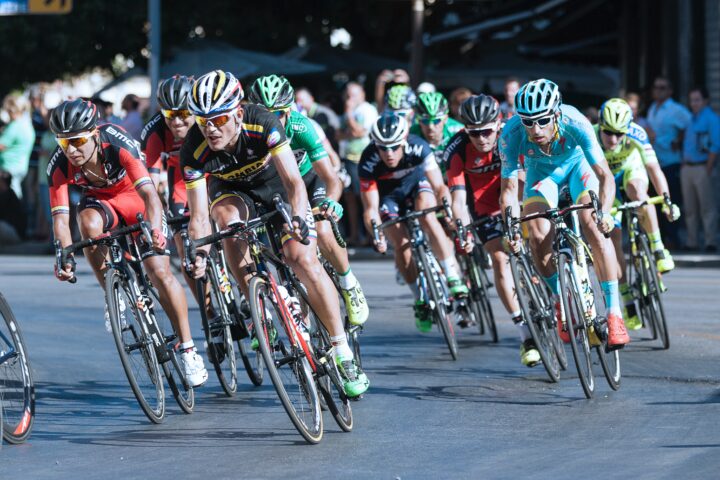
Coach Julie Young explores the science, mental skills, and strategies that help us manage the stress of racing.
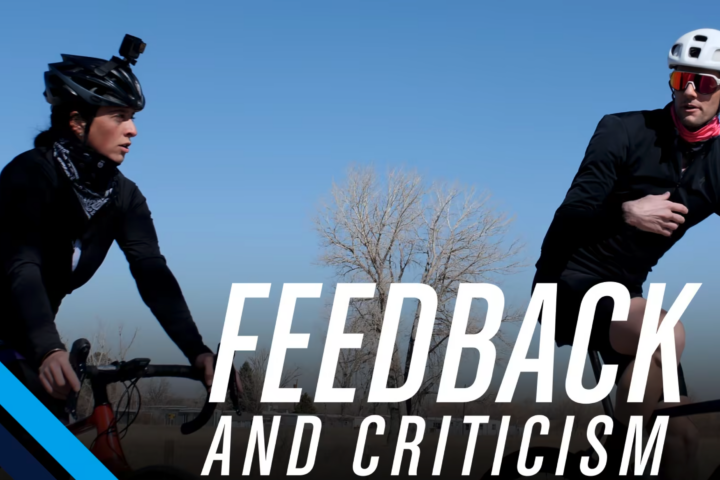
Accepting feedback and criticism is a necessary part in every athlete’s development. Coach Holicky details how to create the best mindset so you can achieve your full potential.
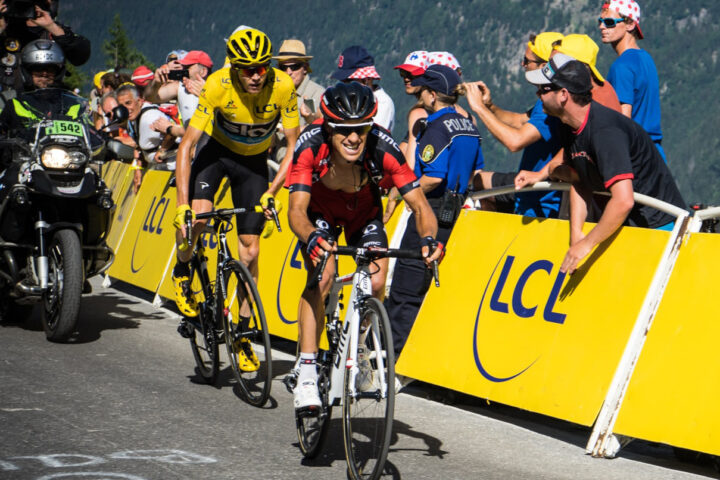
Coach Julie Young explores ways to develop mental skills to embrace discomfort as fuel for growth and performance.
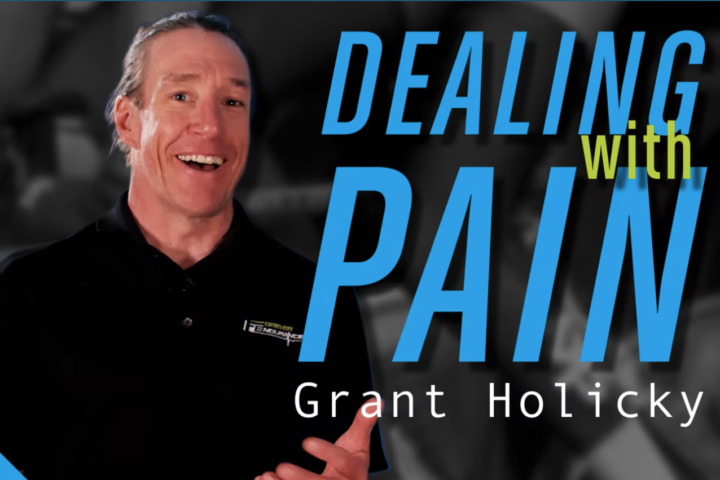
Coach Grant Holicky discusses six ways by which all athletes can forge a better relationship with pain as a part of sport.
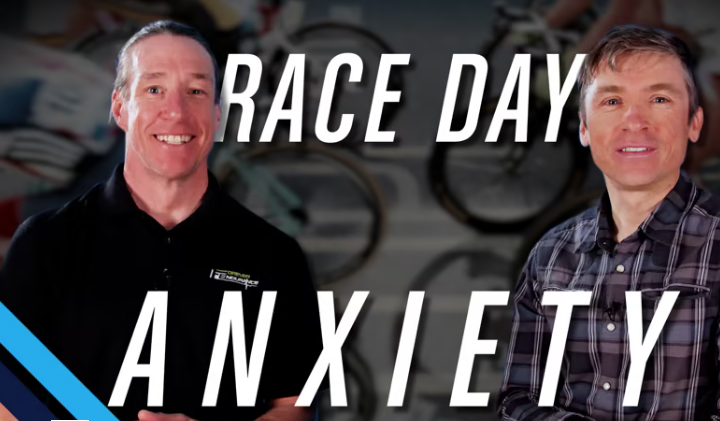
Coach Grant Holicky explains how athletes can better manage anxiety through visualization, routine, and reframing.
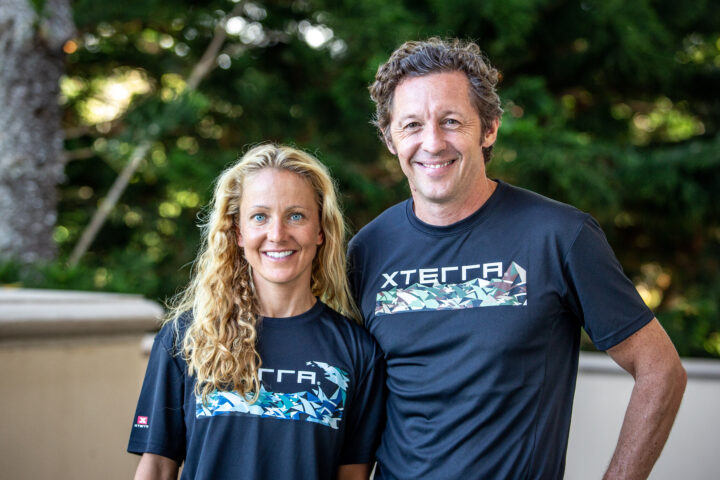
We discuss the underlying principles of an athlete’s psychological welfare, and why our thoughts and feelings are simply emergent properties of brain and nervous system physiology.

We address questions on how to train grit for race situations, if you can safely override the central governor, and training for a five-day stage race.

Physiological improvements are not the only way to maximize performance. Dr. Cheung explores the psychology of feedback, deception, and perception.

Physical therapist, Ron Kochevar, deconstructs his belief systems around your individual capabilities such as pain and being in the right mental space to help your body heal.
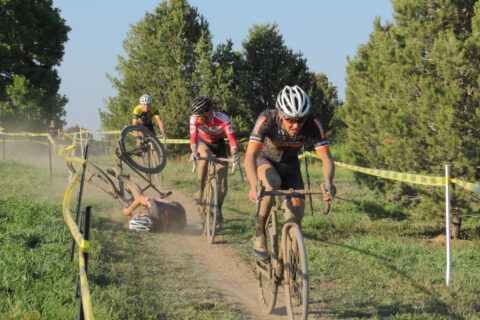
We provide the psychological tools that will help both with uncertain circumstances in life (like a pandemic) and with addressing the emotional rollercoaster that is bike racing.
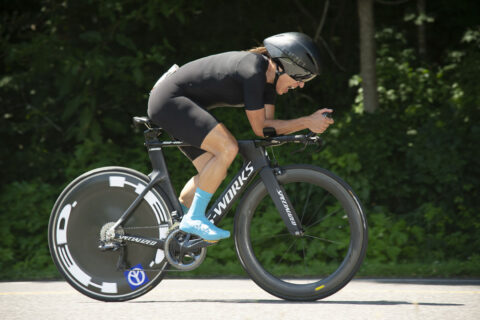
What is confidence? What is resiliency? What is pressure, and how can we better handle it? These are some of the questions we tackle in today’s episode.